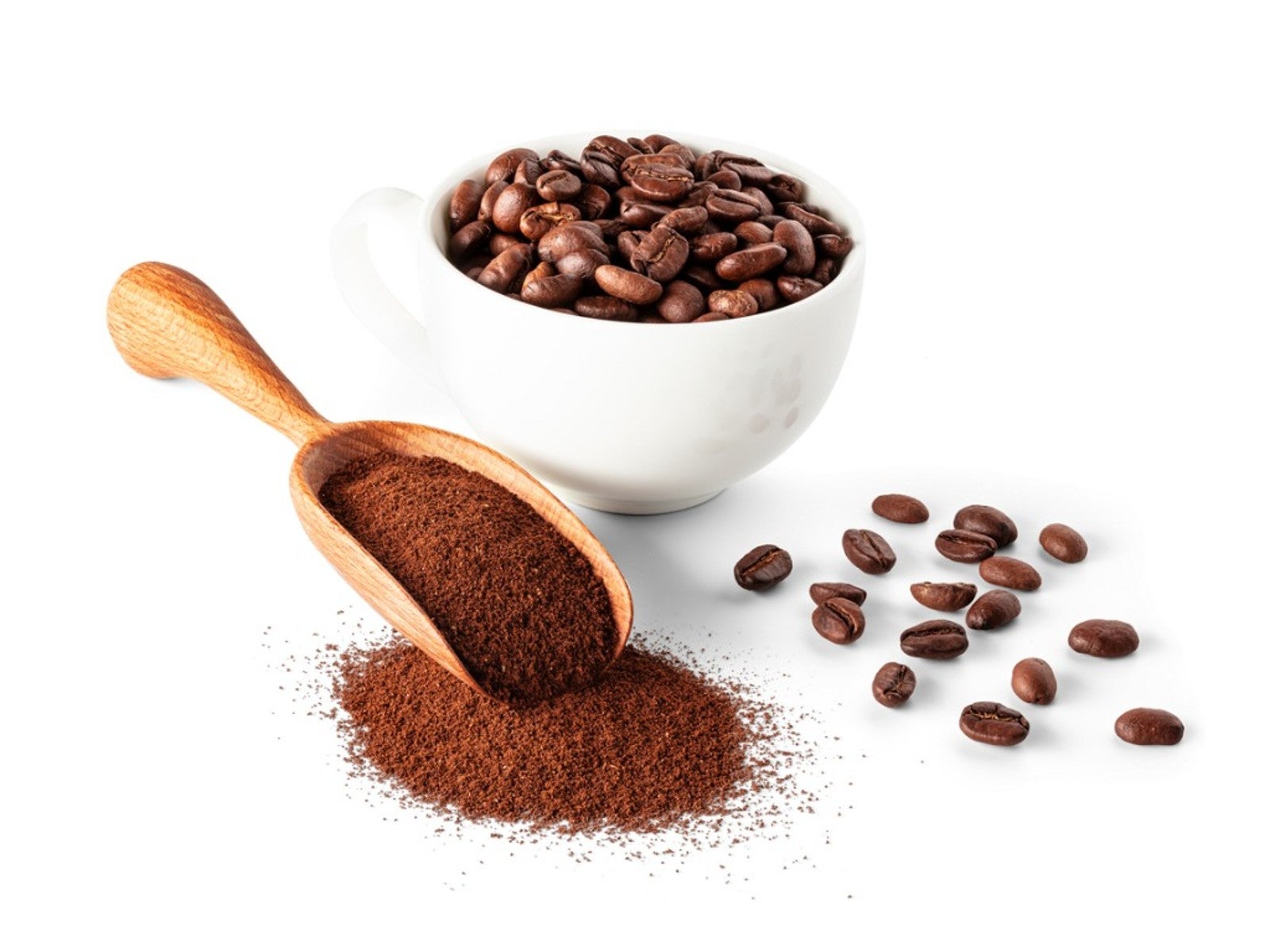Using Coffee Grounds On Tomato Plants


Sign up for the Gardening Know How newsletter today and receive a free copy of our e-book "How to Grow Delicious Tomatoes".
You are now subscribed
Your newsletter sign-up was successful
Rumors fly and the debate rages on. Are coffee grounds good for tomato plants? As modern-day gardeners, we often question gardening pearls-of-wisdom seen on the internet or handed down from previous generations. In this case, scientific studies have demonstrated whether or not tomatoes benefit from coffee grounds.
Fact or Fallacy: Do Tomatoes Like Coffee Grounds?
The short answer is yes and no. Like any garden additive, too much of a good thing can be detrimental. Consider what happens when too much fertilizer is applied to the lawn. Instead of a lush green carpet of grass, the turf turns brown.
So yes, tomatoes can benefit from coffee grounds, but only in moderation. Here are some positive ways coffee grounds improve soil quality and growing conditions for tomatoes:
- Adds nutrients – Coffee grounds contain nitrogen, phosphorus and potassium as well as micronutrients such as boron, calcium, copper, iron, magnesium and zinc.
- Slow release of nitrogen – The proteins in coffee grounds must first be broken down by microbes before nitrogen is available for plant absorption.
- Compatible pH – With an acidity measuring between 5.5 to 6.8, coffee grounds are within the ideal pH range for tomatoes.
- Compostable – With a carbon-to-nitrogen ratio of 20-24:1, coffee grounds can be added to compost. For optimal benefits, limit the coffee ground component to 20% of the total volume of organic materials.
- Fungal suppression – Studies have indicated the microorganisms which feed upon coffee grounds suppress common tomato diseases, including Fusarium, Pythium and Sclerotinia.
How To Use Coffee Grounds For Tomato Plants
With an estimated 700 million cups (165,611,766 L.) of coffee being consumed by Americans each day, keeping this by-product of the brewing business out of landfills is an earth-friendly option. In addition to home and work sources, coffee shops and restaurants may supply gardeners with used grounds for the asking.
Here are a few ways to use coffee grounds in the garden:
- Compost for tomatoes – When mixed with leaves or sawdust, compost made with coffee grounds provide essential nutrients for tomatoes while combating fungal diseases. Incorporate compost into the soil or use as mulch around tomato plants.
- Mulch – Spread a 1/2 inch (1.3 cm.) layer of fresh coffee grounds around tomato plants to retain moisture. Natural chemicals found in coffee grounds may suppress weed seed germination.
- Soil amendment – Planting tomatoes with coffee grounds encourages the growth of beneficial microorganisms. Earthworms consume the grounds and pull them deeper into the soil, which also improves soil structure.
- Coffee ground “tea” - Although, technically it would be coffee, this liquid fertilizer can be used to water tomato plants. Make the tea by adding two cups (473 mil.) of used coffee grounds to five gallons (18.9 L.) of water.
Again, moderation is the key when using coffee grounds on tomatoes. This java byproduct has phytotoxic qualities which can have an adverse effect on tomatoes when applied in excess.
Sign up for the Gardening Know How newsletter today and receive a free copy of our e-book "How to Grow Delicious Tomatoes".

Laura Miller has been gardening all her life. Holding a degree in Biology, Nutrition, and Agriculture, Laura's area of expertise is vegetables, herbs, and all things edible. She lives in Ohio.